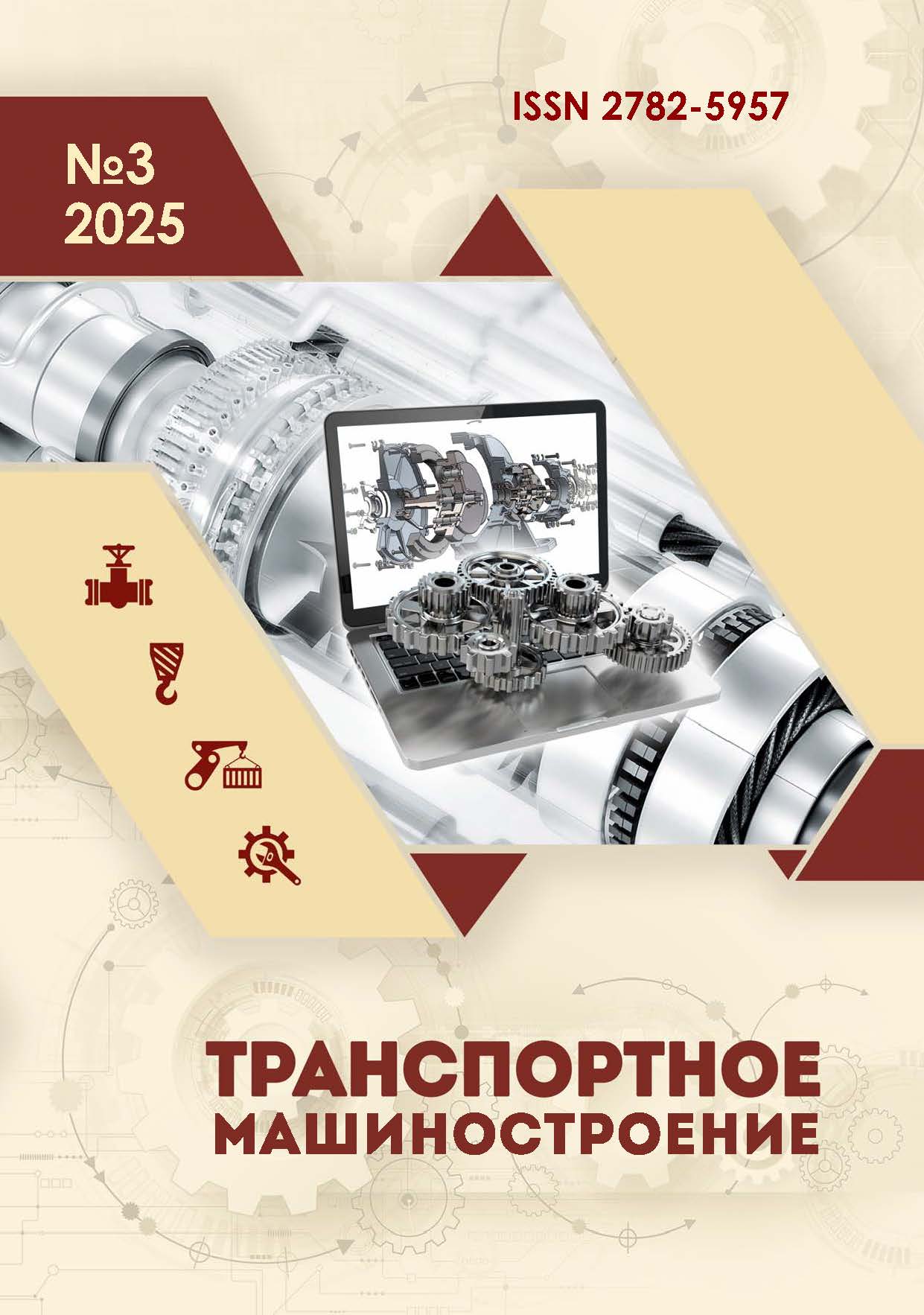graduate student
Khabarovsk, Khabarovsk, Russian Federation
employee
Khabarovsk, Khabarovsk, Russian Federation
employee
Khabarovsk, Khabarovsk, Russian Federation
student
Khabarovsk, Khabarovsk, Russian Federation
UDC 62
Russian Library and Bibliographic Classification 392
The paper gives the results of an experimental study aimed at finding the most unfavorable stage of transporting oil and oil products by railway in terms of the polluting effects of the environment. The study objective is to identify the stage of transporting oil cargo by railway, which has the most negative impact on the environment. The relevance and scientific novelty is in the substantiation of the most unpleasant stage of transporting oil cargoes by railway based on the results of an experimental study of soil samples taken within the boundaries of the transportation. The practical significance of this work is in the quantitative assessment of the polluting effects of oil cargo transportation as a basis for further determining the development of environmental protection measures.
environment, unloading, spill, oil products, experiment, depressurization, environmental safety, transport, tank car
1. Kuzmin OS, Lutsenko AN, Kulikova ES. Regional features of railway transportation of oil cargo in the Far East terriory. Transport Business of Russia. 2024;3:227-230.
2. Aksenov SG, Elizariev AN, Nikitin AA, Elizarieva EN. Development of methodological foundations for forecasting oil product spills in railway accidents. Fire safety: Problems and Prospects. 2014;1(5):79-83.
3. Sultanov RM, Ibatullina LA. Forecasting of emergency situations during transportation of petroleum products by railway. Problems of Gathering, Treatment and Transportation of Oil and Oil Products. 2017;1(107):176-185.
4. Li Ya. Analysis of the risks of transporting petroleum products from Russia to China. Economic Sciences. 2018;160:37-40.
5. Akimov VA, Sokolov YuI. Risks of transporting dangerous goods. Moscow; 2011.
6. Lieberman BA, Khmelev AS. Ecological problems of transporting dangerous goods by railways of Russia. Modern Problems of Russian Transport Complex. 2016;6(1):51-54. DOIhttps://doi.org/10.18503/2222-9396-2016-6-1-51-54.
7. Konstantinov IV, Mukhametova AP, Pronina DE. Impact of oil product spills on the environment. Collection of papers of the XXI International Scientific and Practical Conference, November 17, 2022: Scientific Research of Young Scientists; Penza: Nauka I Prosveshchenie; 2022.
8. Trifonova TA, Shirkin LA. Ecological geochemistry: dictionary. Vladimir: VSU; 2005.
9. Nikulin AA, Medov MV, Koshkarov RV. Approaches to forecasting the negative impact of railway transport on the environment. Universum: Technical Sciences. 2021;4-1(85):18-22.
10. Elizariev AN, Yusupov TR, Elizarieva EN. Forecasting of oil product spills in railway accidents. Bulletin of Scientific Research Results. 2016;3-4(20-21):28-35.
11. Sedov DV. On mitigating the consequences of accidents during the transportation of oil and petroleum products by railway. National Association of Scientists. 2015;3-3(8):124-128.
12. Kuzmin OS, Lutsenko AN, Kulikova ES. Problems of regulatory and technical safety of transportation of petroleum products by railway. Transport Business of Russia. 2023;6:349-351. DOIhttps://doi.org/10.52375/20728689_2023_6_349.
13. Okolelova AA, Zheltobryukhov VF. Features of defining and rationing petroleum products in soils. Natural–Humanitarian Studies. 2013;1(1):12-18.
14. Collection of methods to determine concentrations of pollutants in industrial emissions. Leningrad: Gidrometeoizdat; 1987.
15. Drugov YuS, Rodin AA. Analysis of polluted soil and hazardous waste: practical guide: 2nd ed. Moscow: BINOM. Laboratory of Knowledge; 2007.
16. Yakovlev AS, Nikulina YuG. Ecological rationing of the permissible residual oil content in the soils of agricultural lands. Soil Science. 2013;2:234-239.
17. GOST 17.4.3.01-2017 Nature protection. Soils. General requirements for sampling. Moscow: Standartinform; 2019.
18. PND F 16.1:2,21-98. Method of measuring the mass fraction of petroleum products in soil and soil samples using the fluorimetric method with the liquid analyzer "Fluorate-02". Saint Petersburg: Lumex LLC; 2007.






